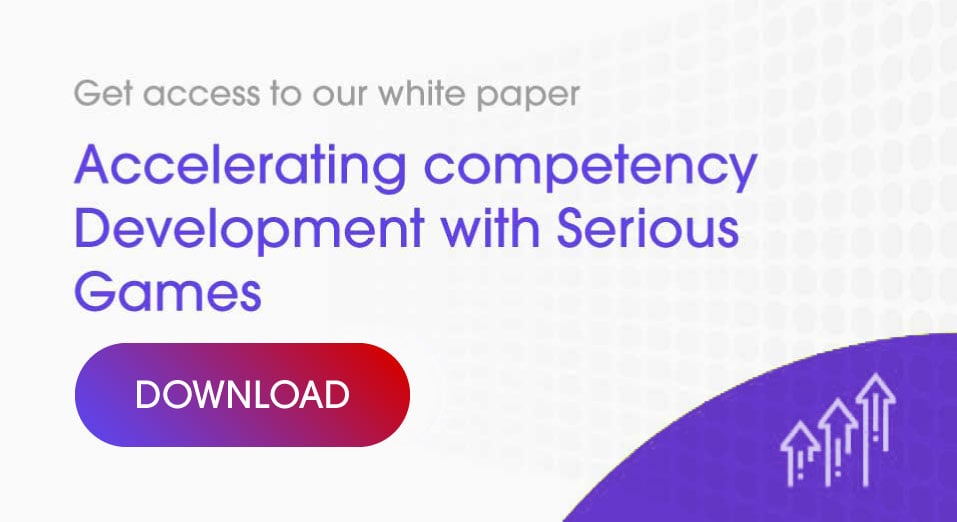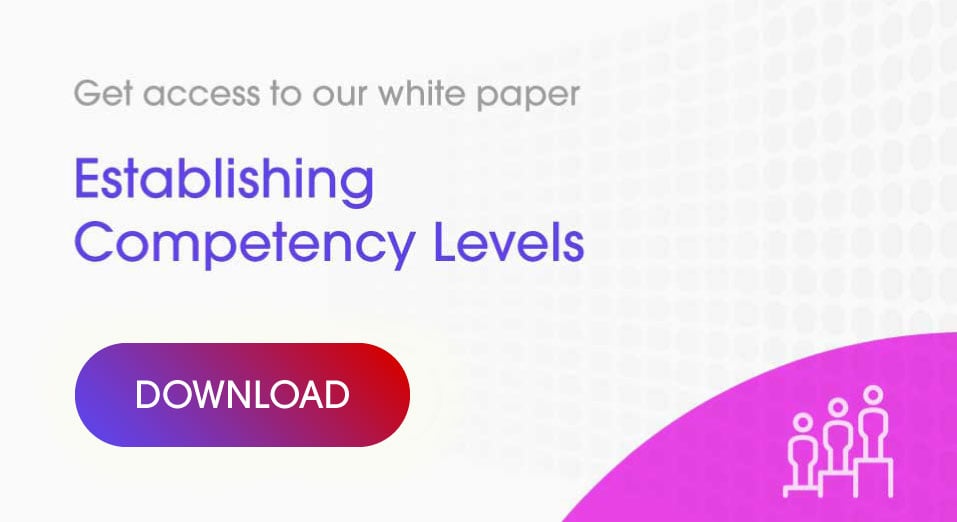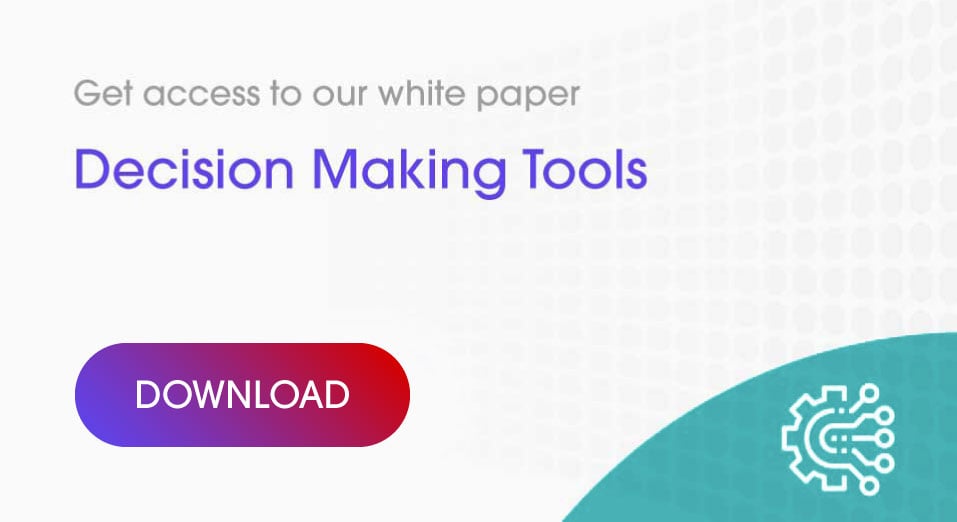Successful organizations continuously invest in employees to ensure business capabilities are aligned to the changing marketplace and to the organisation’s evolving strategy and culture. With the increasing complexity of the pharmaceutical stakeholder landscape, it is more important than ever for our industry to keep ahead, not only with our products but also with employee knowledge, skills and ways of working.
High performing sales managers have a profound impact on a company's bottom line sales results. But, too often training initiatives focus on salespeople and not a company’s frontline sales management team. [Sales Readiness Group]
Frontline Managers are at the heart of the organisation and have a direct impact on the overall results.
Studies from the Corporate Executive Board confirmed this and even indicated "a good manager has the potential to increase the employee's commitment to the job by 34%, increase emotional commitment to the organization by 38%, and emotional commitment to the team by 47%.”
Your Frontline Manager Development Program should encourage cross-functional business acumen and provide tools and processes for making informed data-driven decisions. Frontline Managers should be armed with the knowledge, skills and tools to be strategic thinkers and better coaches to their reps who are facing access barriers, changing customer communication preferences and multichannel ways of working:
Salespeople must now compete in a fast-paced, technology-driven environment where B2B buyers have high expectations for quality interactions – and low levels of patience for generic sales pitches. Although technology has brought dramatic changes, sales organizations are still made up of people – and those people need good managers in their corner. [Sales Readiness Group – 2017 Sales Management Research Report]
In addition, Frontine Managers should have both the attention of the leadership team and access to them during their development pathway:
‘Both Pharmacia-Upjohn and Schering-Plough faced what looked like insurmountable problems. In both cases, I made engaging and motivating frontline managers a cornerstone of my turnaround strategy. Many companies will never face situations as extreme as those at the companies I led. But nearly every business confronts unanticipated shifts in technologies and markets, major disruptions in traditional business models, pressures from customers, suppliers, and competitors (both incumbent and new), and consolidation among ever larger global players. It’s no longer good enough for an organization and its people simply to keep executing past routines. Leaders must create an organization that is adaptable and highly responsive. Increasingly, companies need to build a culture of what I call passionate drivers—people who question the traditional way of doing things, dig into complex problems and stick with them until they are solved, and have an appetite to innovate.’ [Fred Hassan, The Frontline Advantage: HBR, 2011]
The Frontline Manager Development Program should involve the senior leadership team including the General Manager, as subject matter experts. Role modelling and interaction with the leadership team should be part of the Frontline Managers’ development journey to ensure alignment between the organizational strategy and execution.
The expectations of the Frontline Manager have evolved at least as much as those for representatives over the past 10 years. The Frontline Manager requires up to date business acumen; to be a trusted voice on the brand teams; an agile coach; a mentor; and a competent sales person – well versed in digital channels and mobile devices. According to the Sales Readiness 2017 Report, Frontline Managers in high performing organisations are also involved in recruiting, job profiling, and interviewing to find the right reps aligned to the team culture, the sales strategy and marketplace changes.
The job description of the past simply is irrelevant today. It is time to create a new profile with clear descriptors and clarity of expectations across development levels.
Assessment Solutions
A well designed learning program has an assessment solution as its foundation. Assessment solutions incorporate a series of standardised tools including knowledge tests, personality tests, feedback surveys and interviews that objectively measure and benchmark knowledge, skills and competencies. Including a ‘Serious Game’ which simulates the kind of situations one might encounter on the job, helps to evaluate how well participants deal with real work situations. It can be designed to mimic the evolved role of the FLSM and provide a safe environment to experiment with solving new challenges.
The results of a comprehensive assessment can be predictive of the ability of current Frontline Managers to perform current tasks, to grow into any new skill areas that have been identified as desirable for the future, as well as providing data to ensure targeted training interventions and on-the-job coaching add value and yield return on investment. If repeated periodically, the data over time provides progression tracking.
70:20:10 Learning Model
According to Blackdot and many others, the 70:20:10 (experience, exposure and education) methodology is the ideal. This is the idea that the most effective learning mix is roughly 70% from on-the-job challenges, 20% from people (mostly the manager) and 10% from courses and reading. The 70:20:10 methodology aims to drive more integrated development, sustainable behavioural change and performance improvement. The 70:20:10 methodology enables:
- Prioritising on-the-job learning above all else;
- Balancing the relative time spent across development initiatives; and
- Maintaining an unwavering focus on application to the day job and opportunities to be challenged through real work tasks
However, also according to Blackdot, to maximise limited budgets and ensure change is embedded over time, we will need to provide solutions that:
- Are available to their teams 24/7;
- Provide up-to-date insight into where individuals and the team sit against external best practice;
- Offer a clear direction on where they need to focus to close capability gaps; and
- Utilise dynamic tools and resources designed by sales professionals for sales professionals.
So a flexible, blended learning Frontline Development Program is recommended, leveraging new technologies and online resources, along with personalized coaching, formal training and on the job experience.
Final Recommendations
Remember to integrate the new role profile and the development program with the recruitment process.
To hire incorrectly is expensive. The total cost goes far beyond the recruitment fees and the potential loss in sales in the first 90 days of onboarding. Recruitment is not a simple science, but you can increase your chance of getting it right using a multi-faceted assessment solution that includes business simulations. Assessment Solutions that include ‘serious games’ or simulations, along with other standardised testing aligned to the role profile, can increase your chances of hiring the right frontline manager the first time.
Actando can help. We provide flexible Assessment Solutions with industry benchmarking and blended learning programs to address identified gaps in the knowledge and skills of your Frontline Managers. To find out more, contact Actando.
---
If you are interested in our mobile learning solutions on digital channels, contact Actando.
The Actando Consulting Team





.jpg?width=850&name=shutterstock_1028968702(1).jpg)








